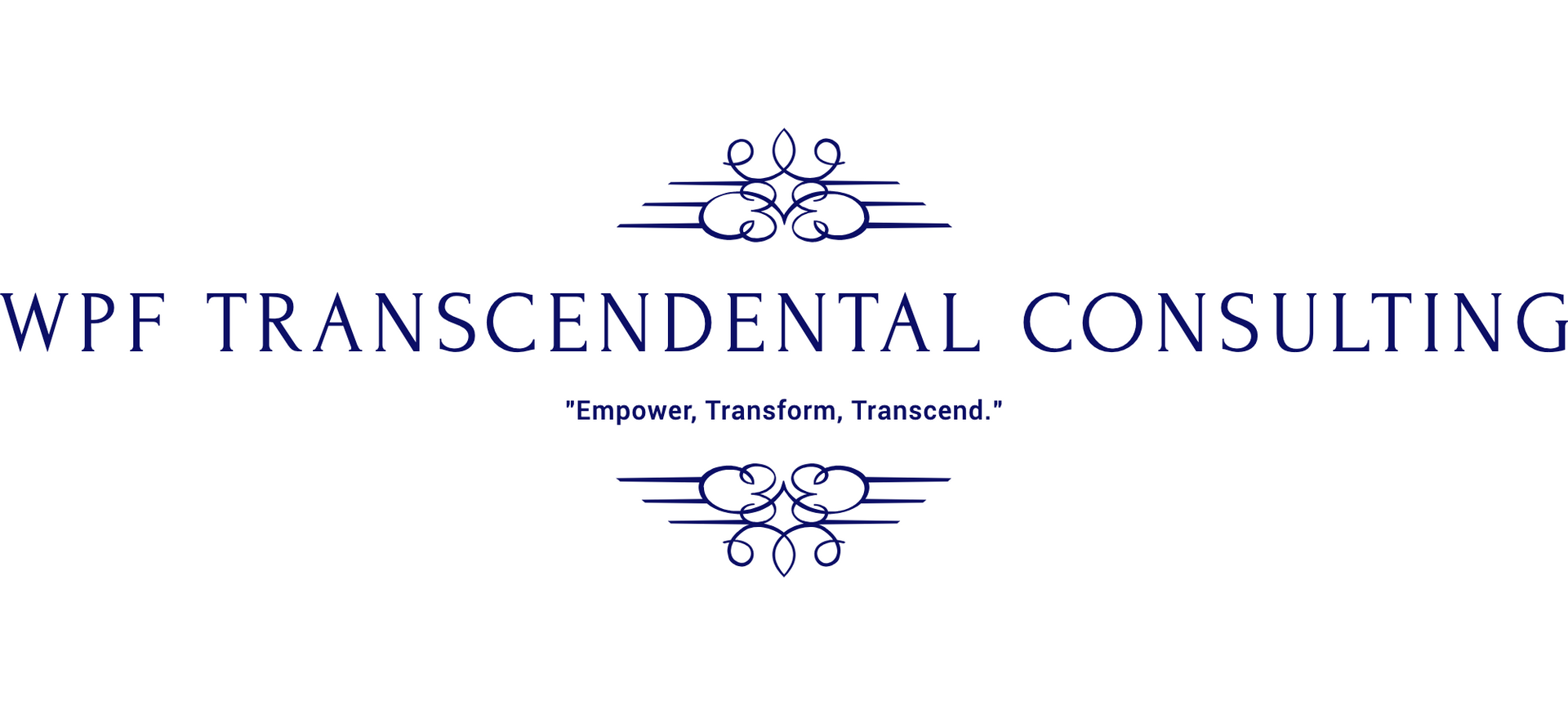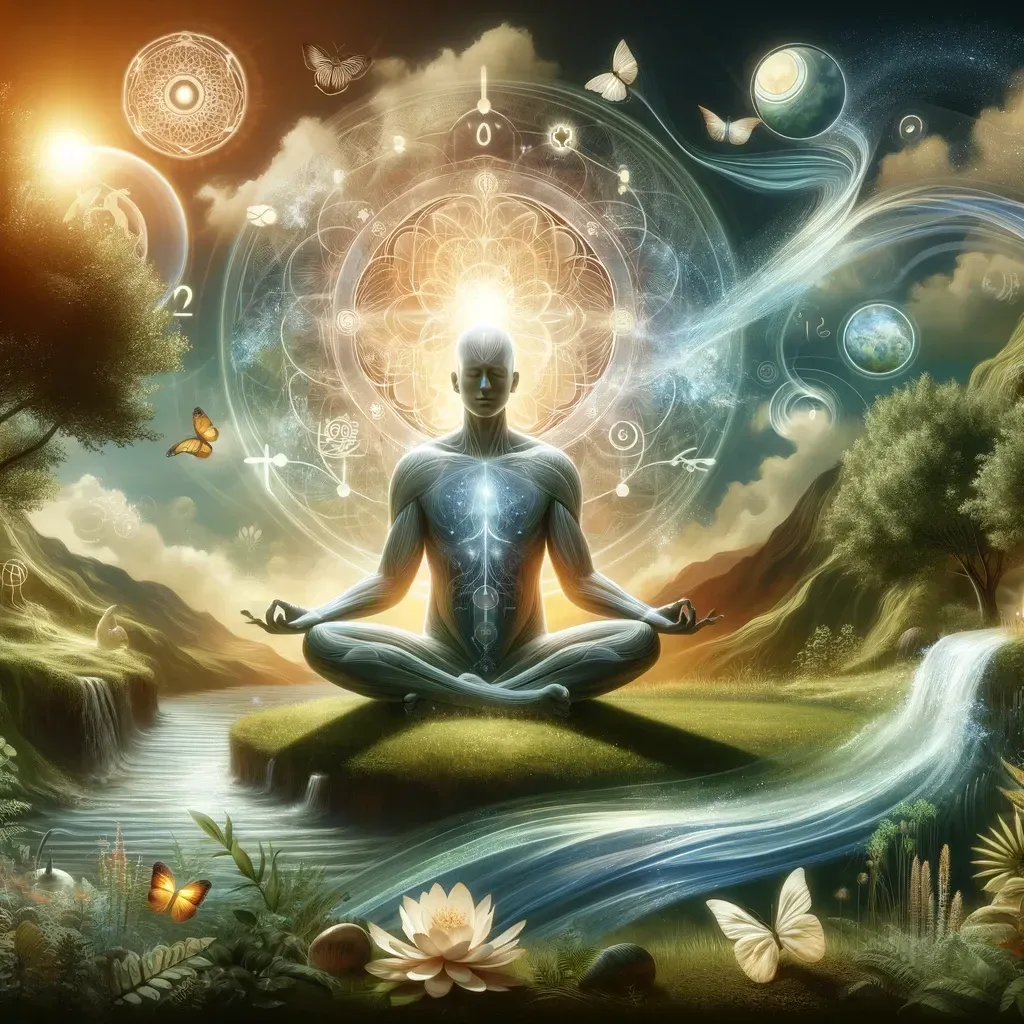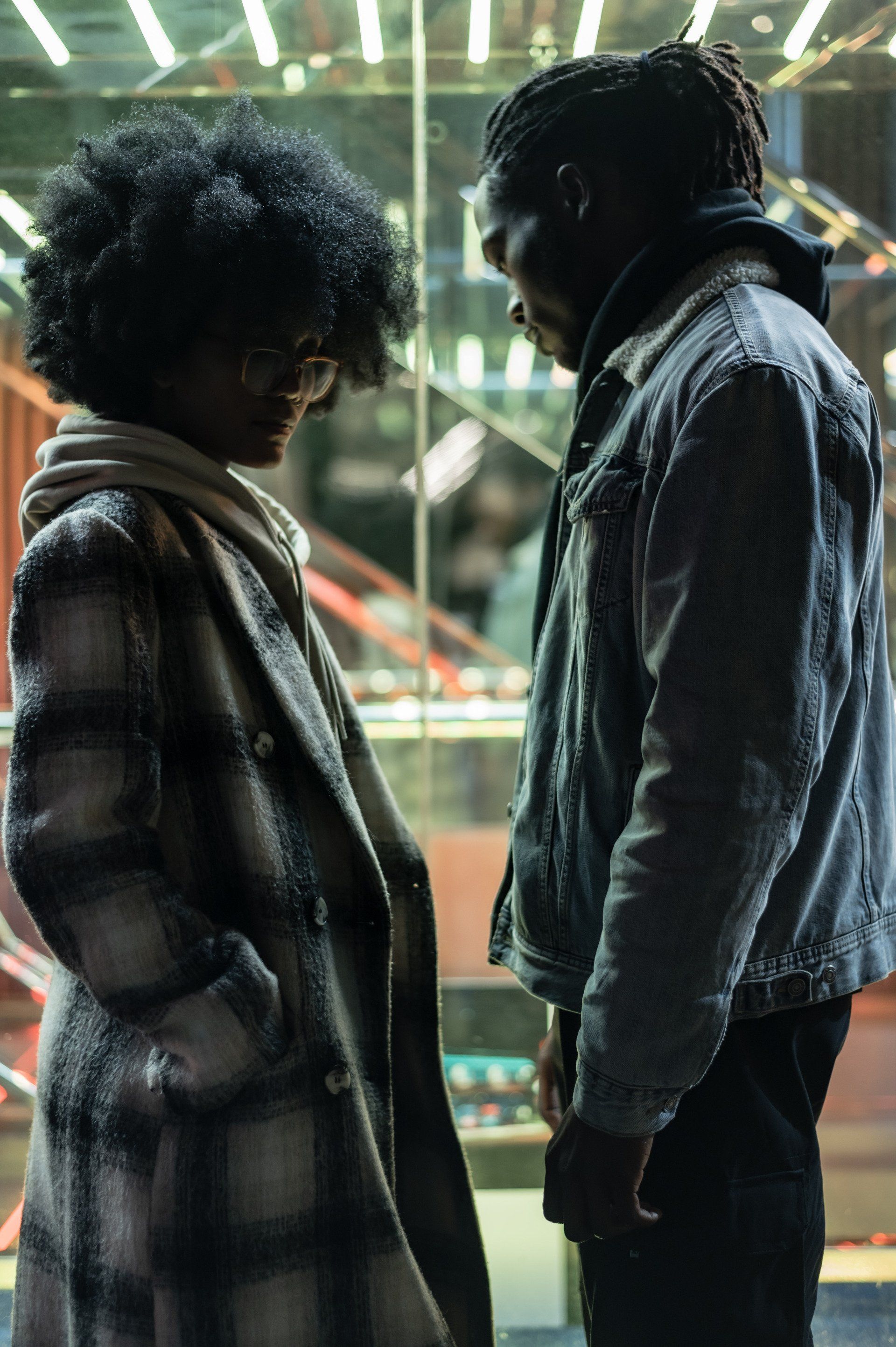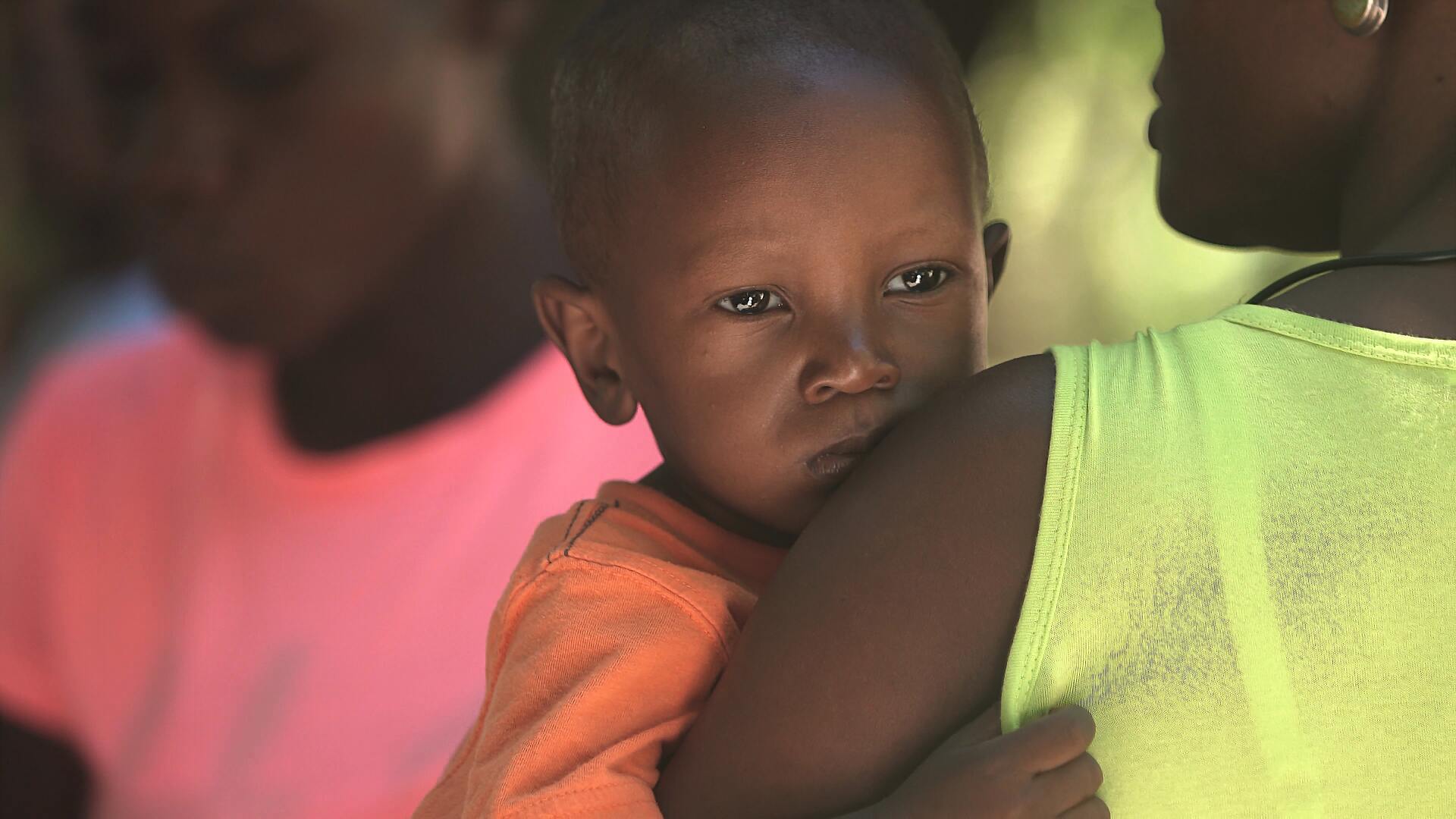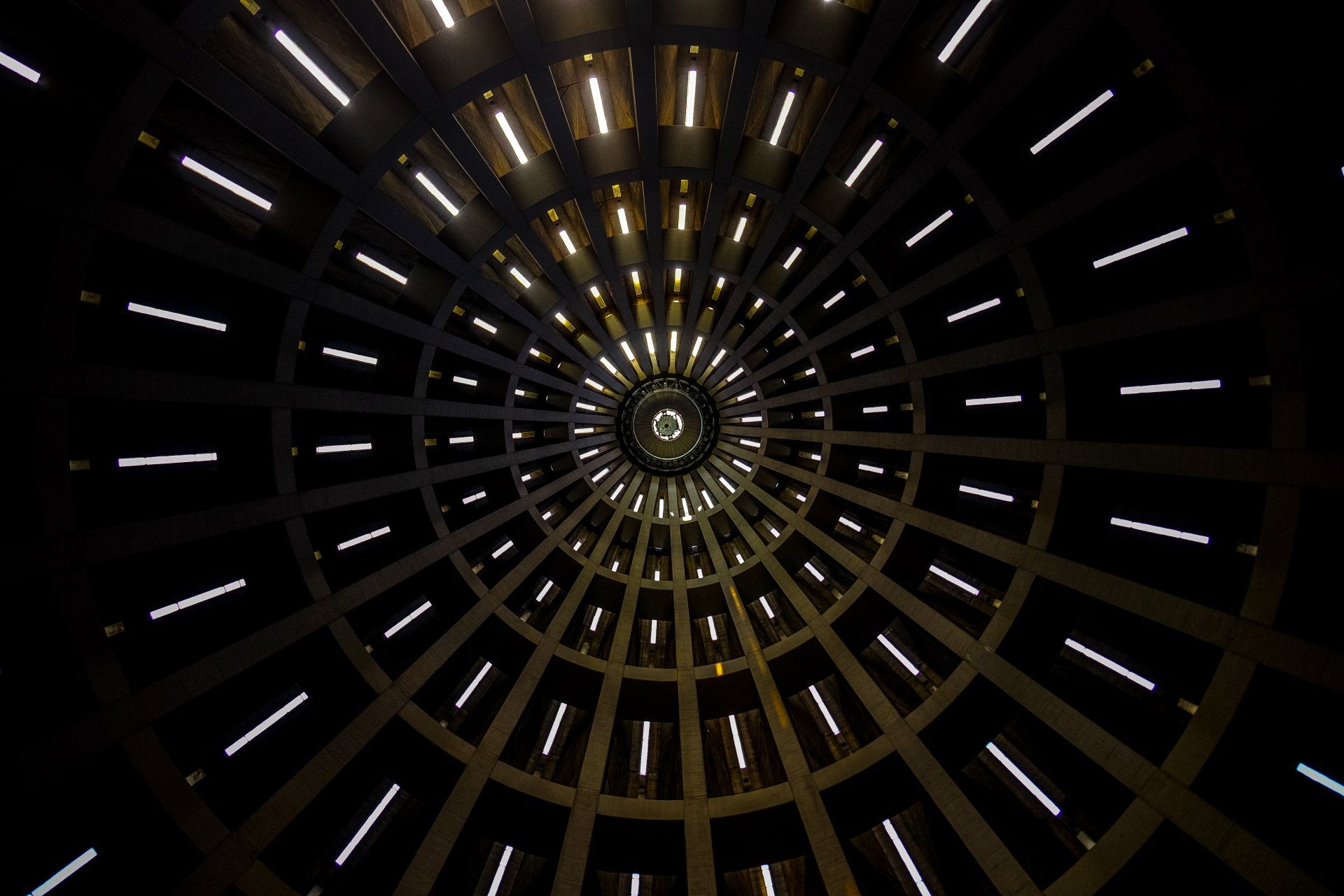"Beyond the Mirror: Understanding the Dynamic Interplay of Reflections and Societal Projections"
"Mirrors and Echoes: Understanding the Complex Interplay Between Self-Perception and Societal Influence"
By Walkens Petit-Frere
In today's blog post on "The Reflection," we delve into the intriguing concept of the dynamic interplay between reflections and societal projections, and how these forces intricately shape behavior and attitudes. At the heart of this discussion is the understanding that our individual perceptions are not isolated phenomena but are deeply entwined with the collective consciousness of society. Each person acts both as a mirror and a projector, constantly reflecting their inner world while simultaneously absorbing and reinterpreting societal norms and expectations. This perpetual exchange creates a complex mosaic of influences that shapes our behavior far beyond the confines of the self.
This dynamic becomes especially pronounced when we consider the role of societal projections in forming our self-image and worldview. Society, with its diverse cultural, social, and moral frameworks, acts as a vast, reflective surface, throwing back at us a myriad of expectations and judgments. These societal reflections influence our self-perception, subtly guiding our behaviors and attitudes to align with what is deemed acceptable or desirable. However, this alignment is not merely a passive process; it involves an active negotiation between our inner sense of self and the external societal narratives. The tension between conforming to societal expectations and maintaining individual authenticity is a key factor in the evolution of personal and collective identities.
Furthermore, the reflections we observe and internalize from society are not static but are in constant flux, influenced by historical, cultural, and technological changes. As society evolves, so do the reflections it casts, compelling us to continuously adapt our behaviors and attitudes. This ongoing adaptation is pivotal in understanding societal trends and shifts in collective consciousness. It also highlights the importance of critical reflection and awareness in discerning which aspects of these societal projections we choose to integrate into our self-concept. Ultimately, by recognizing and critically engaging with these dynamic reflections, we can foster a deeper understanding of ourselves and our place within the societal fabric, paving the way for more conscious and authentic expressions of our individual and collective identities.
